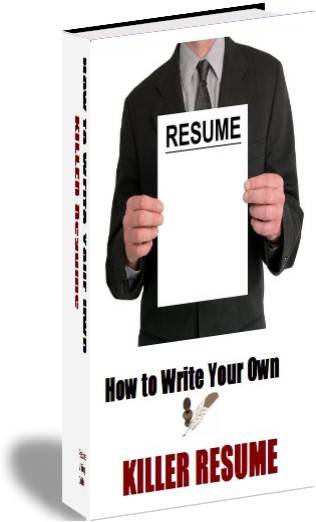You took the time to carefully craft your resume. You secured an interview. After all the time and effort you have expended in looking for a job, don’t fail to be attentive to the small details. Many people don’t consider the follow up letter to be important. They intend to send one but do not or they assume that a company will call if interested.
The job market is competitive and hiring managers may have spoken with several candidates. After several interviews, the hiring manager may forget key details of your discussion or your strengths. A follow up letter is another opportunity for you to sell yourself and reinforce your value to the organization.
A follow up letter can also help you to recover from any missteps in the interview. Even if the interview went exceptionally well, the follow-up letter can set you apart from other candidates. You should send the follow up letter within 24 hours. Depending on the company culture, this can be done by email or hard copy. If the company does not allow or encourage outside email, you can type or handwrite a thank you note. You can also use this opportunity to add other nice touches – attach an article that addresses a topic you discussed, or pass along information of interest that was uncovered during the interview. Your follow up should indicate:
- You were attentive. Include details about what you learned in the interview – about the company, or industry.
- You are excited about the company and want the job.
- You have the skills/experience to contribute to their goals/outlined major projects.
- You were listening and understood the importance of the interviewer’s comments.
Quick tips:
- Mention names of the people that you met and any topics that solicited general interest.
- Was there a particular topic that seemed to be a bonding moment? Include it in your letter.
- Express appreciation for the interviewer’s time.
- Do you want the job? Many fail to make the close. Ask for the job in a professional, positive manner.
- Show enthusiasm for the company and the job!
- Don’t be afraid to sound confident (talk about the challenges and how you will meet them; let the interviewer know that you will do well).
- Even if you do not want the job, you still want an offer so follow the same protocol. At the very least, you have made an important new contact.
Good Phrases to include:
“Upon reflection…”
“I recognize the importance of…”
“Listening to your thoughts on….”
Keep the letter short, less than one page is sufficient. Add this tactic to your job search tool kit and you will not only be successful but well thought of in the process.


Follow Get Career Help!